While the ongoing Israel-Iran conflict impacts both nations across numerous fronts—including sports—their earlier encounters were once confined to football pitches, not battlefields.
The national teams of Israel and Iran faced each other five times in official matches. Each game tells a unique story, reflecting the complex history between two former Asian football powerhouses.
Head-to-Head Matches
1958 Asian Games – Israel 4:0 Iran (Tokyo, Japan)
1960 Asian Cup Qualifiers – Israel 0:3 Iran / Iran 1:1 Israel (Kochi, India)
1968 Asian Cup – Iran 2:1 Israel
1974 Asian Games – Iran 1:0 Israel
1958 Asian Games: The First Encounter
The first official meeting between the two nations took place at the 1958 Asian Games in Tokyo. Drawn into the same group, the tournament began with a commanding 4–0 win for Israel.
Nahum Stelmach scored a brace, with Yehoshua Glazer and Noah Reznik also finding the net. The result proved decisive: Israel advanced to the quarterfinals, while Iran was eliminated in the group stage. However, Israel fell to the Republic of China (Taiwan) in the next round and did not medal.
This remains Israel's only victory over Iran in football history.
1960 Asian Cup Qualifiers: A Bizarre Series
The 1960 Asian Cup qualifiers featured a strange turn of events. Israel, Iran, India, and Pakistan were grouped together in the Western Zone, with all matches held in Kochi, India. Due to severe weather, games were shortened to 80 minutes.
Iran opened with a 3–0 victory over Israel, with goals from Hameed Barmaki, Abbas Hojari, and Parviz Dehdari. However, the competition remained wide open. Israel bounced back with wins over India and Pakistan, while Iran lost to both. In their second meeting, Iran and Israel drew 1–1—Avraham Menchel scored for Israel, with Hojari equalizing.
Israel ultimately topped the group and qualified for the Asian Cup, where they finished runners-up to South Korea.
1968 Asian Cup: Iran’s Rise Begins
For the first time, Israel played in Tehran, defending their Asian championship title. Iran, hosting the tournament, was making its Asian Cup debut and was considered a strong contender.
Both teams started with wins over Hong Kong. Israel’s subsequent 1–0 loss to Burma forced them to chase Iran in the standings.
On May 19, 1968, the decisive match was held at Amjadieh Stadium. Giora Spiegel gave Israel the lead in the 53rd minute, but Iran equalized through Homayoun Behzadi in the 75th. Parviz Ghelichkhani's late winner sealed a 2–1 win for Iran and delivered their first Asian Cup title—the beginning of a three-title streak.
1974 Asian Games: The Final Clash
The final meeting between the two national teams also took place in Tehran, during the 1974 Asian Games. Both sides entered as title favorites, having dominated their respective groups.
In the final, held at Aryamehr Stadium (now Azadi Stadium), the atmosphere was charged and hostile toward the Israeli team. Iran won 1–0 through an own goal by Israeli player Itzhak Shum. The politically fraught environment added significant weight to the result.
That same tournament marked a turning point: both the Olympic Council of Asia and the Asian Football Confederation confirmed Israel’s expulsion from Asian competitions—making this match the last official encounter between the two nations.
Other Notable Encounters
It wasn’t only the national teams that crossed paths—clubs from both countries also clashed on the continental stage.
In the 1970 Asian Club Championship final, Iran’s Taj (now Esteghlal) defeated Hapoel Tel Aviv 2–1 after extra time in Tehran. Masoud Moeini scored the winner in the 92nd minute, earning Iran its first continental club title.
In 1972, Israel won its sixth and final AFC Youth Championship in Bangkok. In the semifinals, they edged Iran 1–0, courtesy of an early goal by Vicky Peretz.
Legacy of a Rivalry Interrupted
Though geopolitical tensions eventually severed sporting ties between Israel and Iran, their football rivalry remains one of the most compelling chapters in Asian football history. Each encounter symbolized not only athletic competition but also the broader political and cultural currents that continue to shape the region.
From Benzema’s shock move to Ronaldo’s protest, a chain reaction in Saudi football is shaking the entire project and the global game.
A Hitchcock-style AFCON final in Rabat saw chaos, controversy and brilliance as Senegal stunned Morocco to claim their second African title.
From libraries to stadiums, Morocco lives football. As AFCON 2025 nears its climax, passion, politics, and ambition collide nationwide.
From Benzema’s shock move to Ronaldo’s protest, a chain reaction in Saudi football is shaking the entire project and the global game.
A Hitchcock-style AFCON final in Rabat saw chaos, controversy and brilliance as Senegal stunned Morocco to claim their second African title.
From libraries to stadiums, Morocco lives football. As AFCON 2025 nears its climax, passion, politics, and ambition collide nationwide.
From rain-soaked Rabat to a deafening semifinal night, Morocco edge Nigeria on penalties and stand 90 minutes from an AFCON title.
As protests spread across Iran, footballers are turning goals, silence and visibility into acts of resistance and solidarity with the people.
From Trump’s World Cup to wars, revolutions and fairy tales – the football stories that shaped 2025 in the Middle East and beyond.
A dramatic 107th-minute penalty sends Iraq to the intercontinental playoff—now just one game from a first World Cup since 1986.
Nigeria fell to DR Congo on penalties and missed another World Cup, exposing deep structural issues holding back the once-mighty Super Eagles.
Ireland and other European FAs are joining efforts to push UEFA to suspend Israel over settlement clubs and racism allegations.
Aston Villa overcame Maccabi Tel Aviv 2–0 in a Europa League night marked by police protests, fan bans, and off-field political tension.
Maccabi Tel Aviv arrive in Birmingham under political tension, facing Aston Villa without fans in a key Europa League test.
Erling Haaland’s hat-trick powered Norway past Israel 5–0, as protests and tension surrounded the World Cup qualifier in Oslo.
Israel coach Ran Ben Shimon dons a kippa and prays for hostages in an emotional Oslo press conference before facing Norway.
Ahead of Norway–Israel, FA president Lise Klaveness urges respect, transparency, and dialogue, discussing her efforts in bringing change that will see Israel banned from international football.
Tense atmosphere in Oslo ahead of Norway vs. Israel, with protests, politics, and a World Cup dream on the line.
As Israel visits Oslo for a key World Cup qualifier, Norway braces for protests, politics, and a tense weekend on and off the pitch. Uri Levy reports from Oslo.
Despite rising protests and political pressure, Israel’s suspension from UEFA remains improbable due to regulations and key leadership stances.
As soccer surges in Canada, Forge FC and Atlético Ottawa's 1-1 draw highlights CPL's growth.
Despite growing calls amid the Gaza war, UEFA sources stress there’s no legal basis for suspending Israel at this stage.
Despite war, isolation and setbacks, Israeli footballers hit a record in transfers abroad during the summer 2025 window. A market analysis.
Beram Kayal reflects on a remarkable career from Maccabi Haifa to Celtic and Brighton, and his new mission to impact Arab football youth.
After months of war, the Palestinian Football Association may revive league play—if minimum safety, infrastructure, and funding can be secured.
The 2024 Women's AFCON kicked off with Morocco and Zambia drawing 2-2 in Rabat. Nigeria, South Africa, and Ghana headline a thrilling tournament.
Palestinian striker Wessam Abou Ali overcame cardiac collapse and broken ribs to become Club World Cup star, attracting top European clubs.
From dominant wins to political fallout, a look back at the intense football rivalry between Israel and Iran before geopolitics ended it all.
At 37, Bibars Natcho delivers his best season yet. In a BabaGol interview, he opens up on legacy, Israel, Partizan, and what comes next.
Mehdi Taremi grounded in Iran, Ali Karimi slams regime, and regional sports grind to a halt as Israel-Iran war disrupts the Middle East.
In an in-depth interview with BabaGol, Alexi Lalas shares bold takes on the USMNT’s goals, 2026 World Cup impact, and soccer’s identity in America.
A dramatic night in Tel Aviv saw Hapoel Be’er Sheva beat Beitar Jerusalem to win the Israeli Cup, in a final halted by a Red Alert siren.



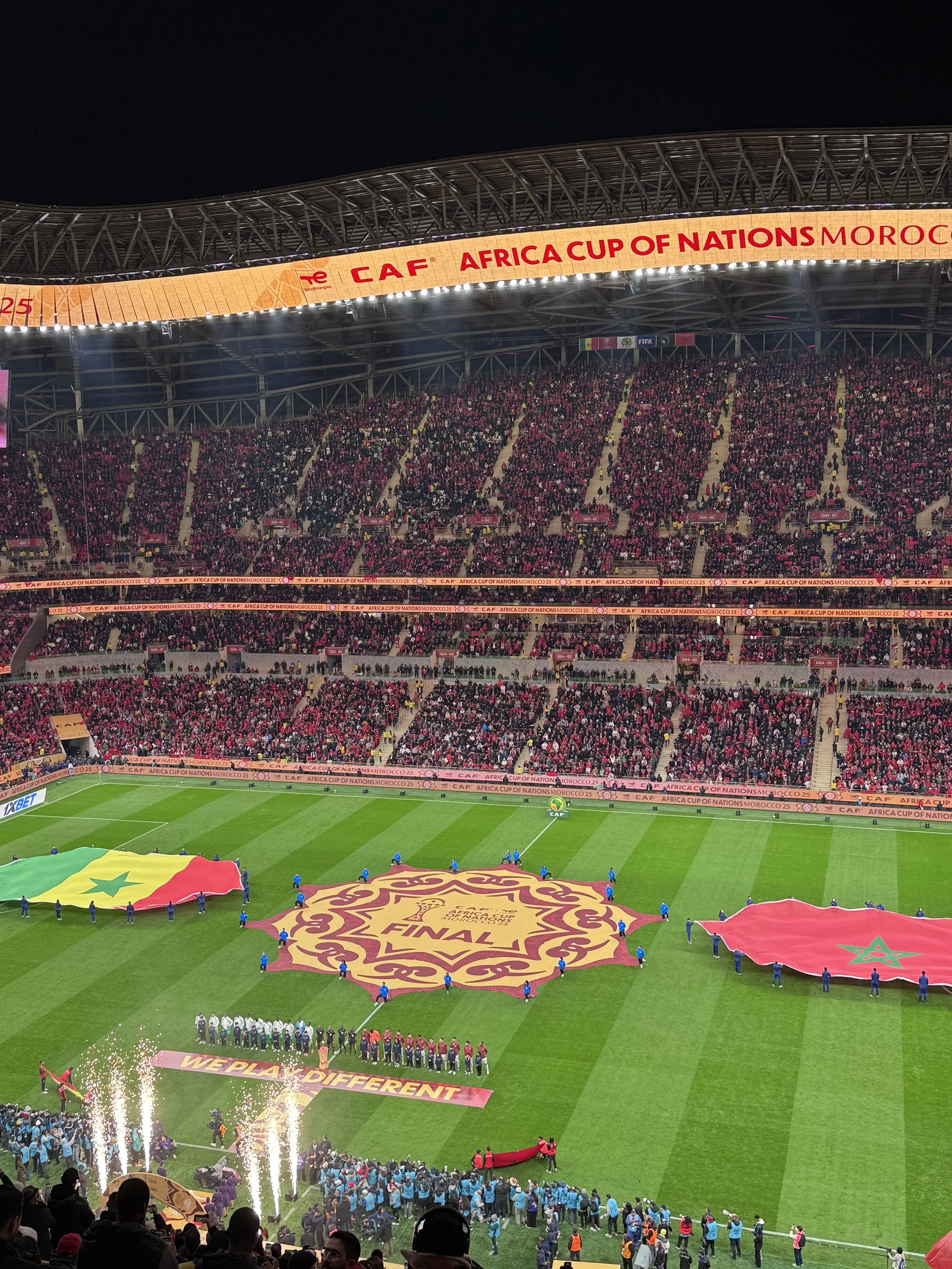

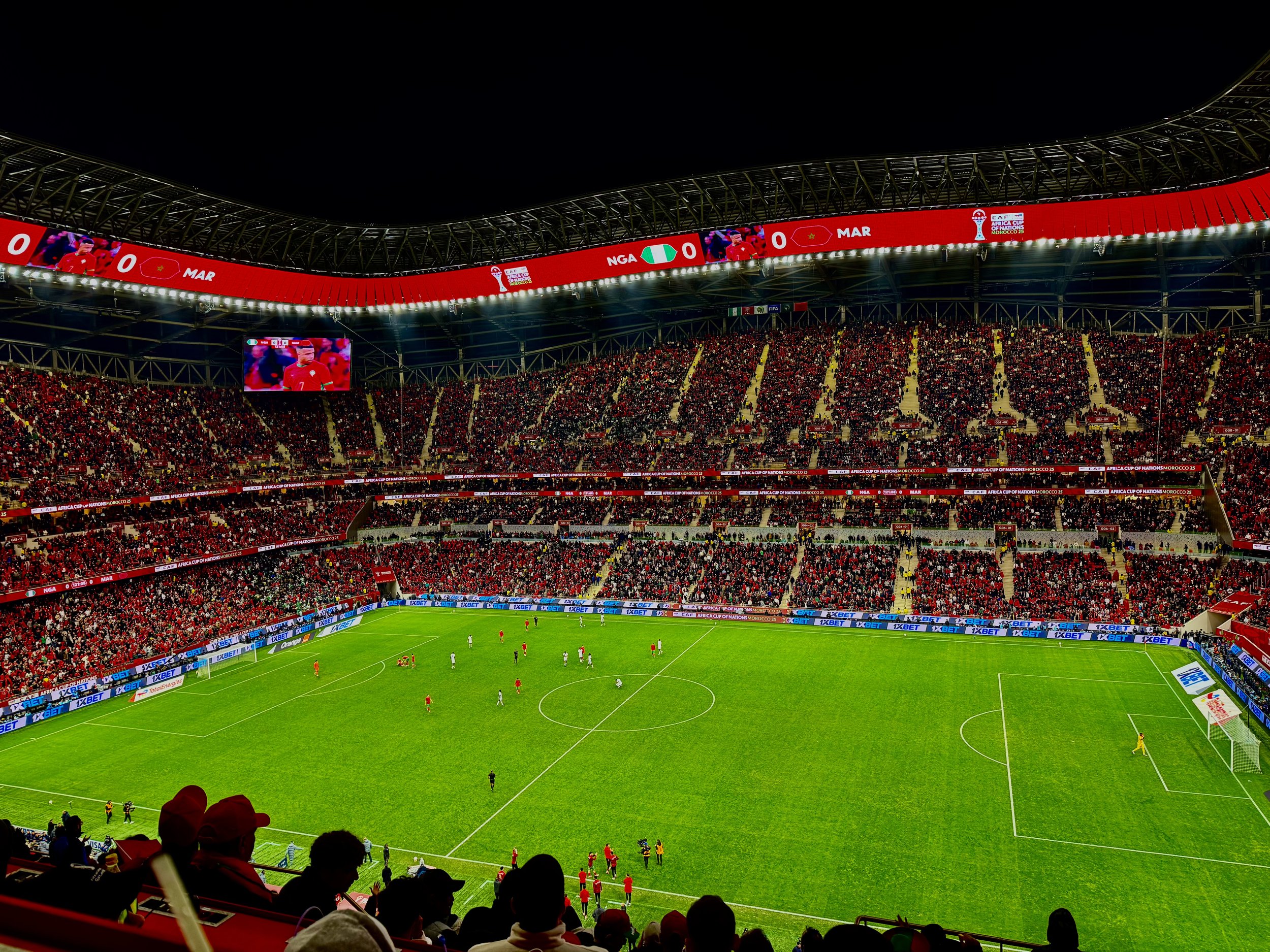




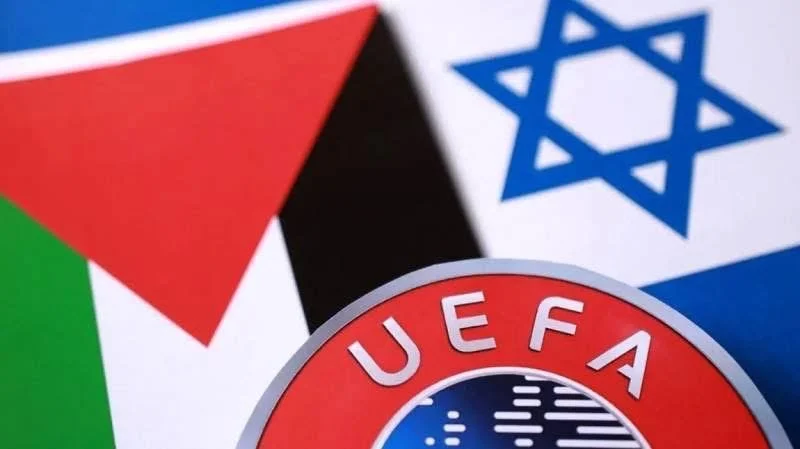









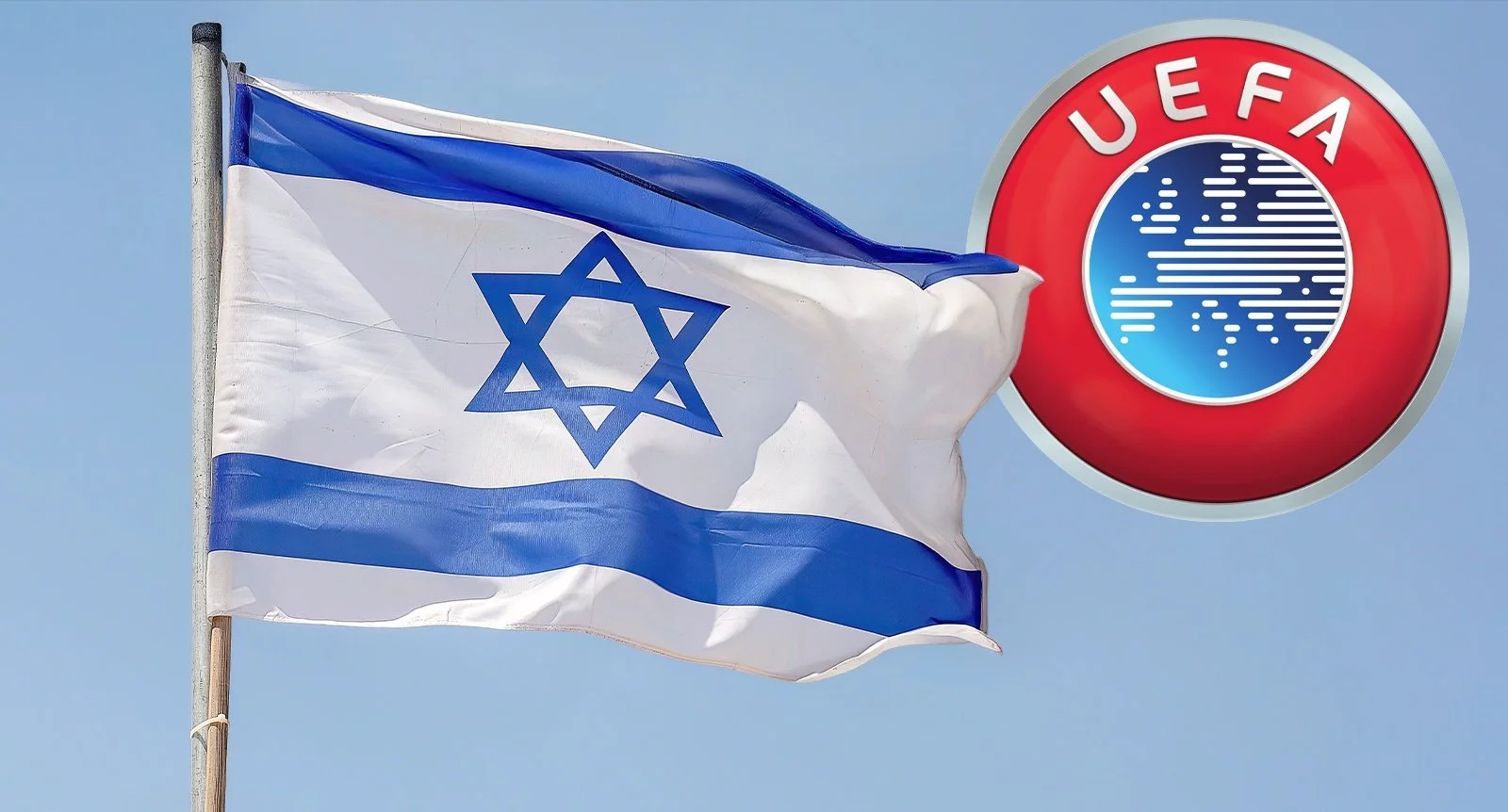


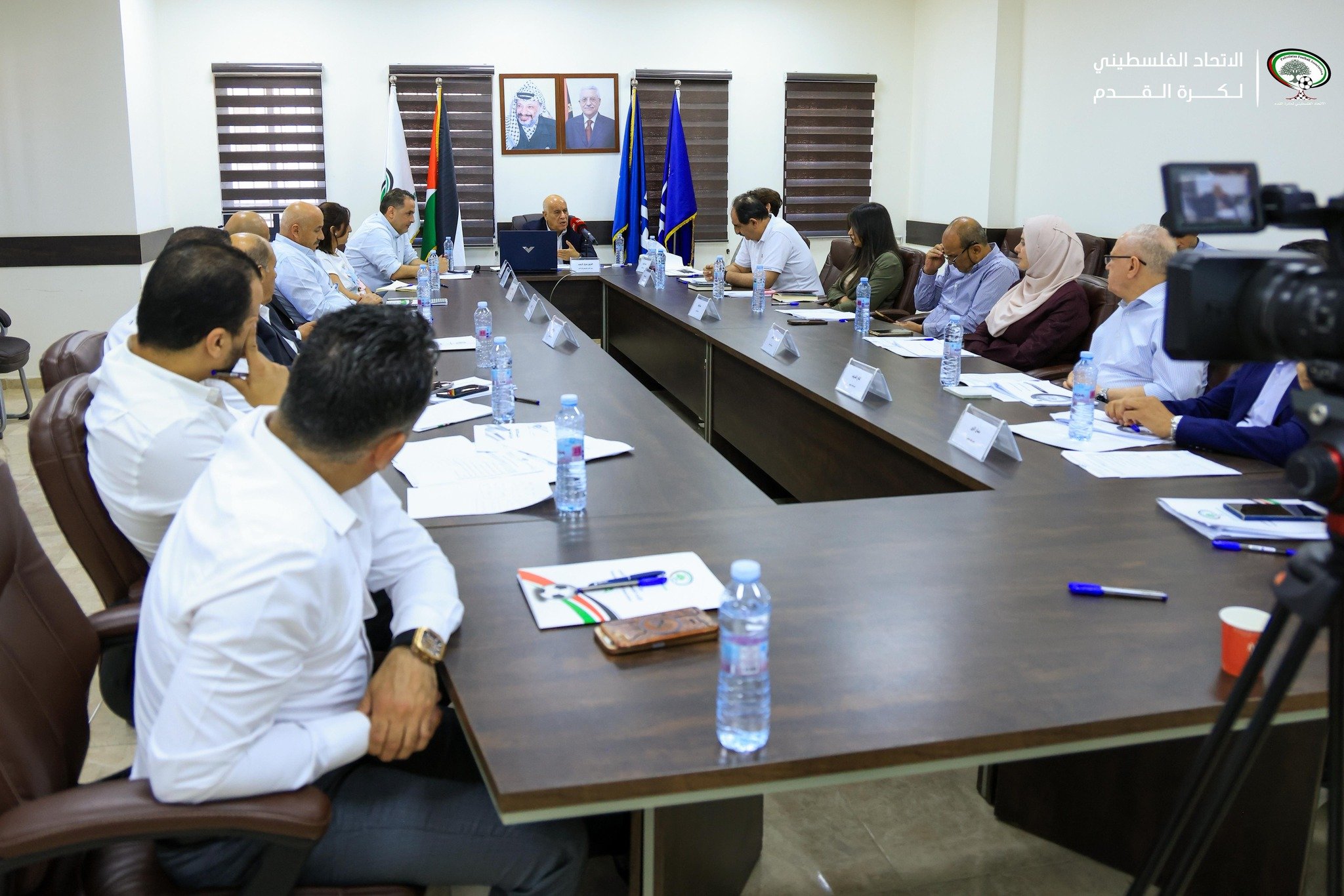
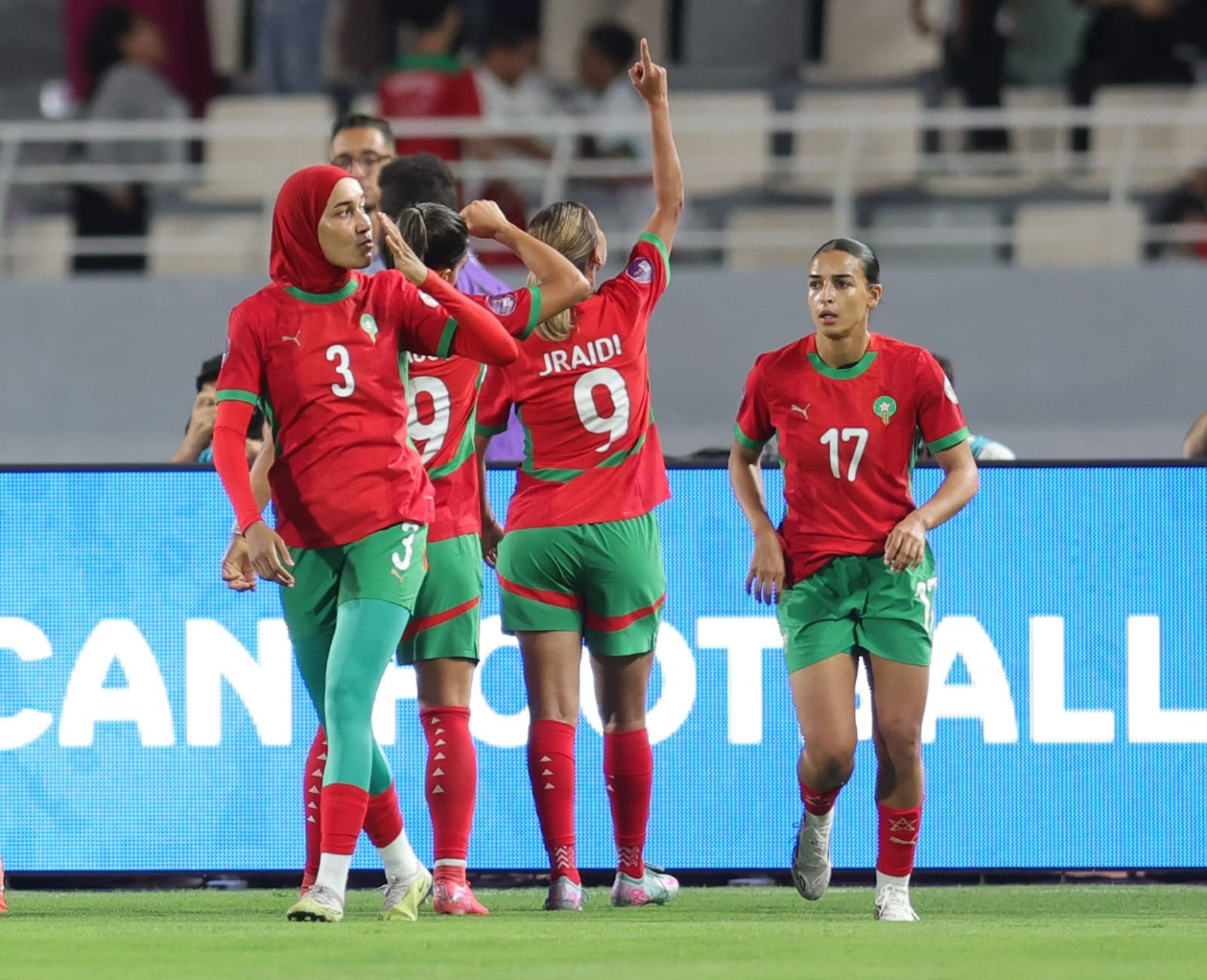


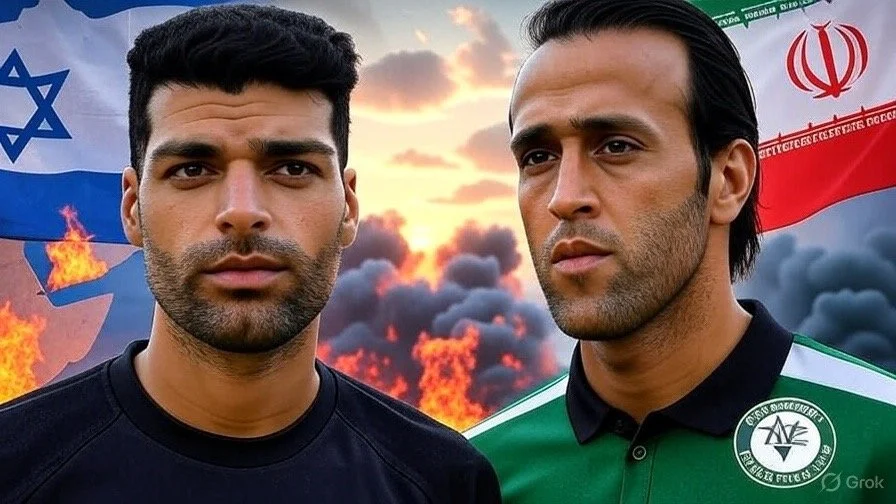



Mehdi Taremi grounded in Iran, Ali Karimi slams regime, and regional sports grind to a halt as Israel-Iran war disrupts the Middle East.